Students learn lessons on climate change, pollution through raising salmon – NPR
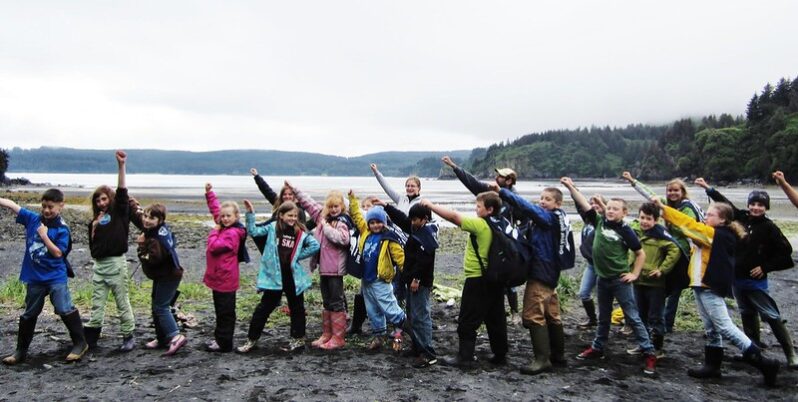
“It’s really a delicate balance because we are dealing with traditions and culture of the Native people,” Hodges says. “This is their land, this is their salmon. And so we have to really be part of that.”
Opinion: Facts Haven’t Spurred Us to Climate Action. Can Fiction? – Undark Magazine

SCIENTISTS MUST BE wondering what it will take to scare us straight. Watching flood waters submerge 80 percent of New Orleans during Hurricane Katrina didn’t do it. Nor did videos shot by Australians in 2019 as they fled walls of flame, a hellish orange haze in all directions. Will the deaths of more than 6 million people in the Covid-19 pandemic …jolt the world into action? I wouldn’t count on it.
No debate anymore: Climate change makes extreme weather worse, federal scientists say – WUSF Public Media
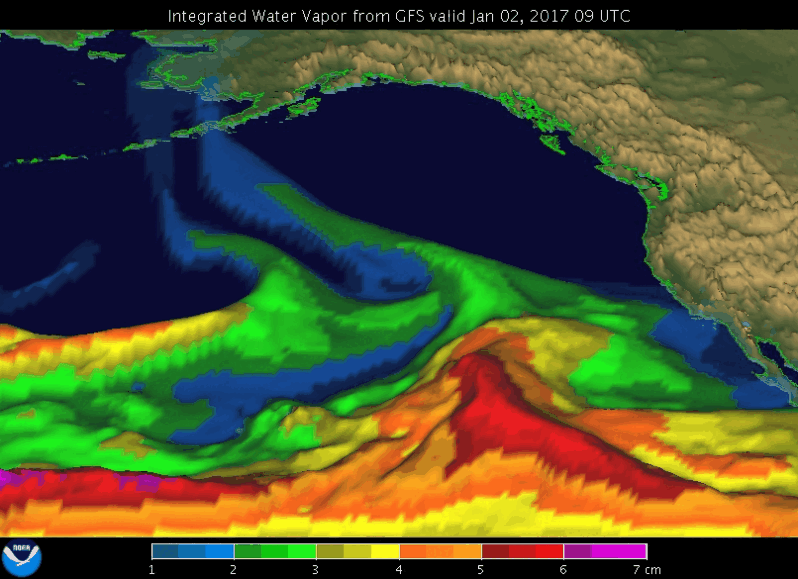
Scientists at the U.S. National Oceanic and Atmospheric Administration (NOAA) delivered a clear message: Climate change is — unequivocally — making extreme weather events worse.
South Florida has always been hot, rainy and vulnerable to hurricanes. So it’s understandable that some longtime residents remain skeptical that climate change is doing anything to make the region’s age-old problems any worse…
‘The Deluge’ is a climate nightmare — and it’s based on reality – Grist

Excerpt: Stephen Markley explains how he wrote a dystopia that feels a little too real.
It was the year 2028, and I was hiding with eco-terrorists in a cabin deep in the woods…Birds were dropping dead from the sky, and a dust storm raged around us, turning the sun crimson…I was relieved to wake up from this dream and shake my paranoia that the FBI was after me. That’s how immersive The Deluge is, an ambitious new novel by Stephen Markley…
Welcome to the era of weather whiplash – Vox
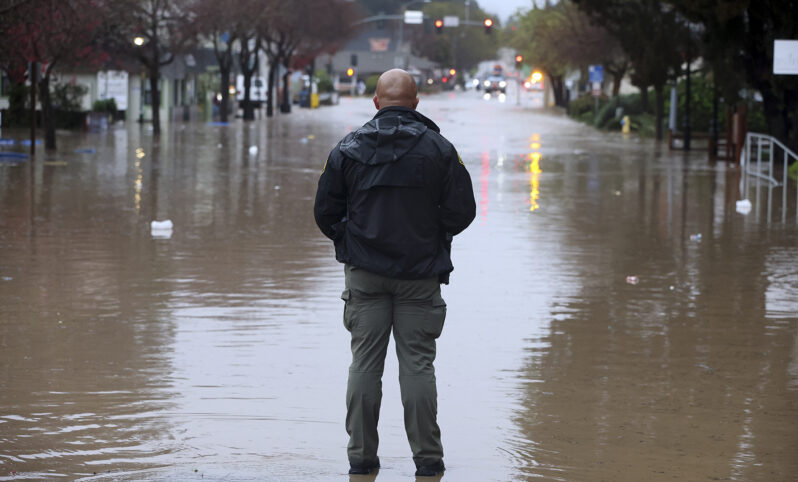
California’s floods reveal a likely climate change symptom: Quick shifts between opposing weather conditions. In less than a week, the story about California’s weather shifted dramatically. Just before New Year’s Eve, the state was running out of water following two decades of severe drought. Then, it started to rain and rain..California was battered by a series of atmospheric rivers…
8 artists who are grappling with climate change and imagining a better world – Yale Climate Connections

Excerpt: From sculpture to photography, art can create space for creative solutions…
What does a pencil have to say about the future? What does a song, a smell, a coyote, or a lush Haitian garden teach us about how to live in a world in flux? Artists are examining these questions as they try to make sense of climate change…
‘Rivers in the Sky’: How Atmospheric Rivers Control Nearly All of Earth’s Precipitation – Popular Mechanics
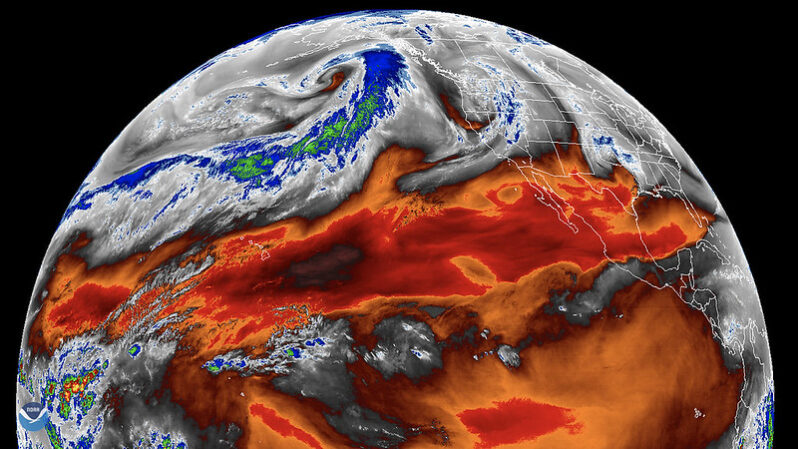
“Atmospheric rivers are literally rivers in the sky, the rivers of water vapor that transport massive amounts of water in the atmosphere,” Marty Ralph, a hydrometeorologist, tells Popular Mechanics. Ralph is the founding director of the Center for Western Weather and Water Extremes with the Scripps Institution of Oceanography in San Diego, where he has pioneered research on how atmospheric rivers influence the West Coast…
When Climate Adaptation Backfires – Discover
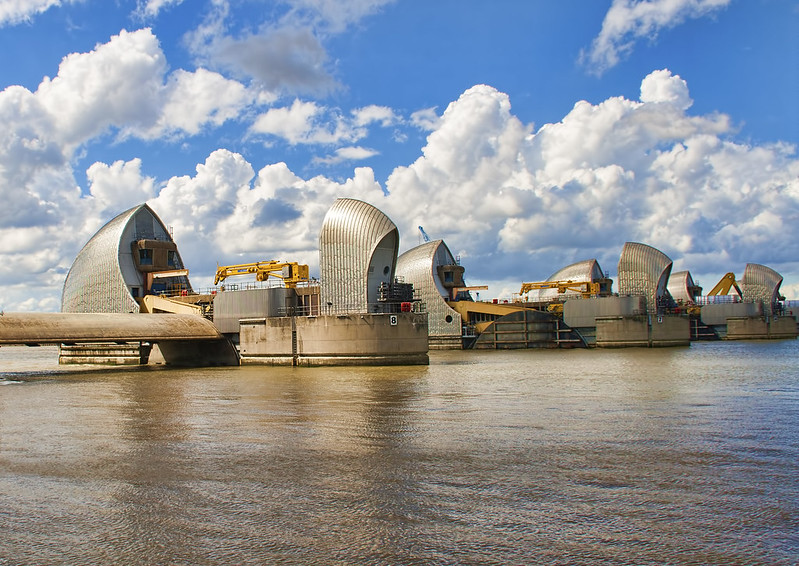
In the scramble to combat climate change, so-called solutions can cause more harm. An IPCC 2022 report warns of these maladaptations.
Around the world, people are building levees, shoring up dams, digging canals and constructing infrastructure to confront the impacts of climate change. Most of these investments will likely save countless lives and protect property, but some will inadvertently add to the problems they are trying to address…
NOAA’s “Picture Climate Change” Student Photo Contest
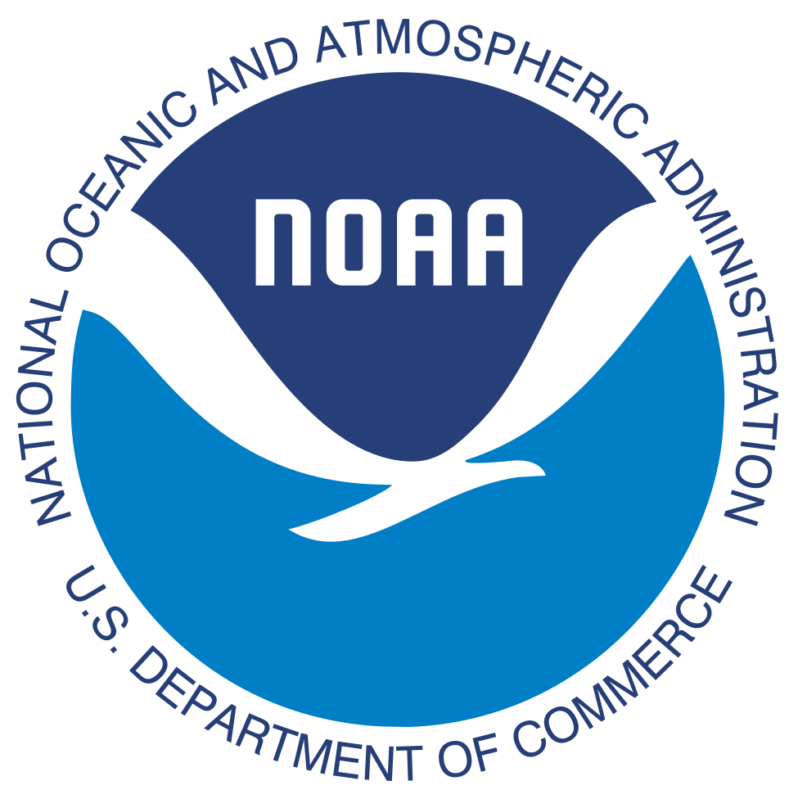
Show NOAA how climate change is impacting your community
To enhance our understanding of the diverse ways climate change impacts people and places around the United States, NOAA is asking students in grades 5 through 12 for photo submissions showcasing what climate change means to you…
